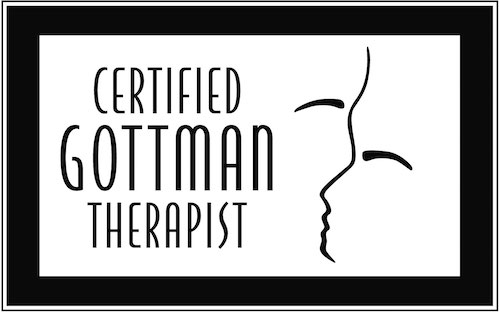Preventing and Overcoming Burnout
Preventing and Overcoming Burnout
What is burnout?
At some point individuals may experience a "lull" in their job and begin to feel bored or restless. When these feelings turn into a lack of motivation, sense of hopelessness, or extreme boredom one can eventually be consumed by burnout. Burnout is a gradual process that can threaten one's job, relationships, and health.
Other terms for burnout are "depletion" or "exhaustion" which can impact men and women in all types of jobs. It is a feeling of being emotionally and physically drained due to prolonged and excessive stress. Burnout is rooted in stress, however, stress may be associated with feelings of "too much" (i.e. too many pressures) whereas burnout is associated with feelings of "emptiness" (i.e. not enough challenge or meaning).
Individuals in high-stress jobs are most at risk for burnout. As well, setting unrealistic goals/demands, limited resources/support to complete tasks, and rigid rules/structure are factors that can contribute to burnout.
How can you spot burnout in yourself and others?
Some of the most common indictors of burnout include the following:
- Feelings of hopelessness about change.
- Cynicism or callousness.
- Loss of interest or motivation.
- Reduced productivity.
- Feeling drained of energy.
- Withdrawal and isolation.
- Feeling trapped.
- Irritable or "short fuse".
- Take "short cuts" to complete tasks.
- Feeling like efforts are unrewarded/unappreciated.
- Decline in creativity.
- Increase in absenteeism.
- Fears of losing one's job and therefore work longer hours.
- Decrease in sense of humor.
- Increase in smoking, drinking, caffeine, or sugar.
- Decrease care or concern for self and others.
- A "so what?" or "why bother?" attitude toward work.
How can you prevent or overcome burnout?
- Understand your limits and responsibilities.
- Communicate your needs assertively when there are too many tasks to handle.
- Identify aspects you can change and ones that are beyond your control.
- Plan short breaks throughout the day and vacations throughout the year.
- Increase professional skills or training.
- Integrate new and challenging tasks or ideas at work.
- Explore work or career options.
- Develop activities and talents beyond work that are meaningful to you.
- Create time to connect with others you can laugh and have fun with inside and outside of work.
- "Recharge" at the end of the work day.
- Know when to "close the door" and leave work at work.


